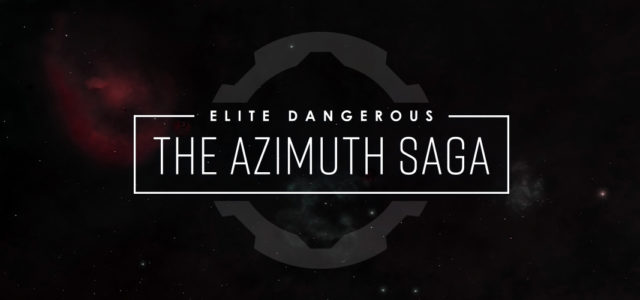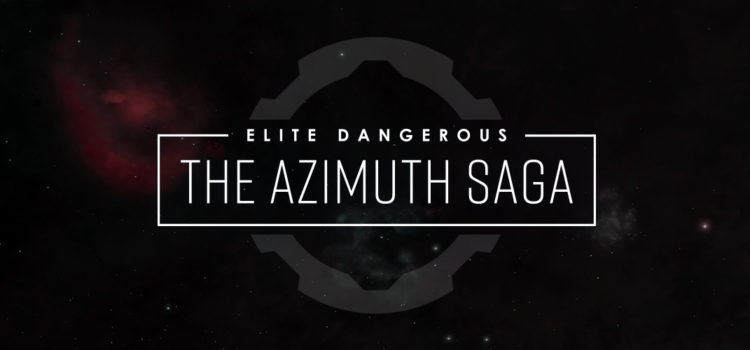

Azimuth: A Historical Perspective (Part Two)
aegisallianceazimuthEagle EyeempirefederationguardianshistoryinraNMLAthargoids 24 June 2022 Bot Galnet

A summary of key events around the rise and fall of the tri-superpower organisation Aegis.
The Alliance, Empire and Federation created Aegis in 3303 to lead xenological research and coordinate defensive actions against the Thargoids. With fears that the alien species might one day overwhelm human-controlled space, Aegis’s role was to spearhead the resistance against a common enemy.
There were concerns that Aegis might adopt the same unethical practices as its notorious predecessor INRA, which had been formed back in 3125 during the First Thargoid War. But the new agency was welcomed by most, providing intelligence on Thargoid activity as well as advanced weapons.
Since capital ships were vulnerable to the Thargoid shutdown field, Aegis soon had no choice but to rely heavily on independent pilots to perform ship-to-ship combat. And despite its effectiveness at coordinating defence, it was criticised for having no strategy to actually defeat the alien threat.
By 3306, Aegis already showed signs of decline. Its Eagle Eye detection network had ceased to provide warnings about Thargoid attacks, and there were no new developments in anti-xeno weaponry. The rise of the NMLA had altered the political landscape, with funding for Aegis being redirected toward countering the terrorists and preparing for possible Federal-Imperial war.
In March 3307, the Galactic Summit failed to ratify the Sirius Treaty, which would have united superpowers, corporations and independent systems against the Thargoids. Instead, Aegis was directed to undertake new research into the Guardians. Their extinct civilisation was thought to hold the key to outmatching the Thargoids’ biomechanical technology.
A successful initiative in May 3307 resulted in enormous quantities of Guardian artefacts being delivered to the Aegis megaship Alexandria. Thargoid vessels were drawn to this concentration of technology created by their ancient enemy, and pursued the Alexandria from system to system. When the megaship did not emerge from a hyperspace jump, it was assumed to have been intercepted and destroyed.
An independent board of inquiry was established to investigate the loss of the Alexandria. So thorough was this investigation that most of Aegis’s activities were suspended, and many leading figures forced to resign. Public confidence in the agency was low, with a general sense that it was no longer fit for purpose.
In November 3307, Aegis was brought further into disrepute when its chief military liaison went rogue. Admiral Aden Tanner led an unauthorised assault against Hind Mine in the T Tauri system, the headquarters of Salvation’s corporate ally Taurus Mining Ventures. Tanner was convinced that Salvation’s activities deliberately provoked the Thargoids and that the starport contained evidence of this. His actions would result in failure and court martial, accelerating Aegis’s fall from grace.
The Baumann Report, which published the inquiry’s findings in January 3308, exposed endemic weaknesses including negligence, poor management, and the treatment of pilots as disposable mercenaries. The casualties resulting from the Alexandria disaster and the Hind Mine attack were the final nails in the agency’s coffin.
The Alliance, Empire and Federation announced that Aegis would be replaced by devolved anti-xeno taskforces. Its support megaships, still active during Thargoid incursions, were crewed by volunteers until the combat logistics corporation Frontline Solutions agreed to operate them.
Even after the true fate of the Alexandria was discovered, along with data supporting Admiral Tanner’s suspicions, the collapse of Aegis was by now irreversible. For in recent months, Salvation had achieved impressive results on a scale that no military power could hope to match.

